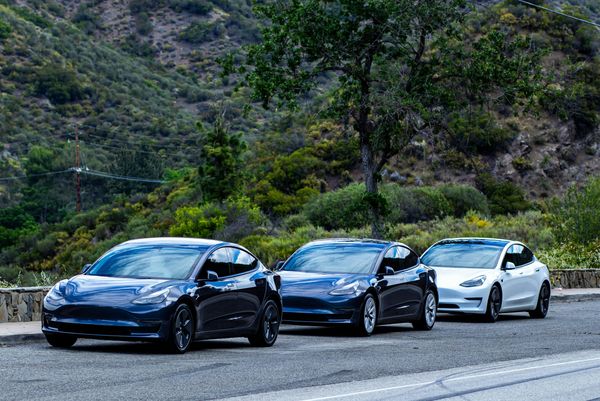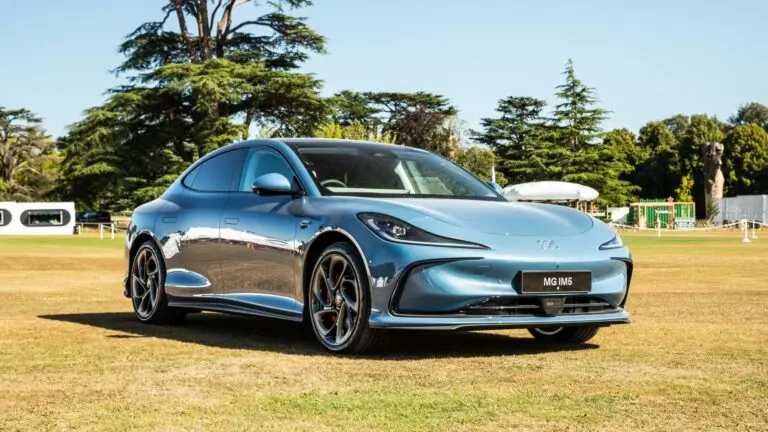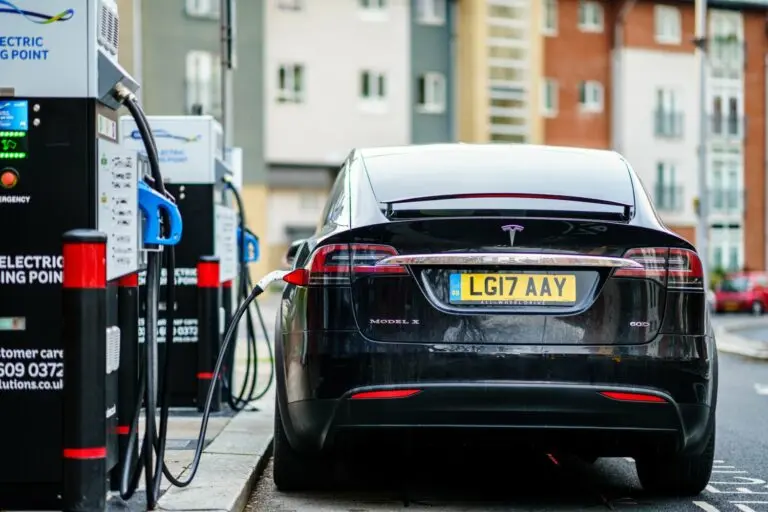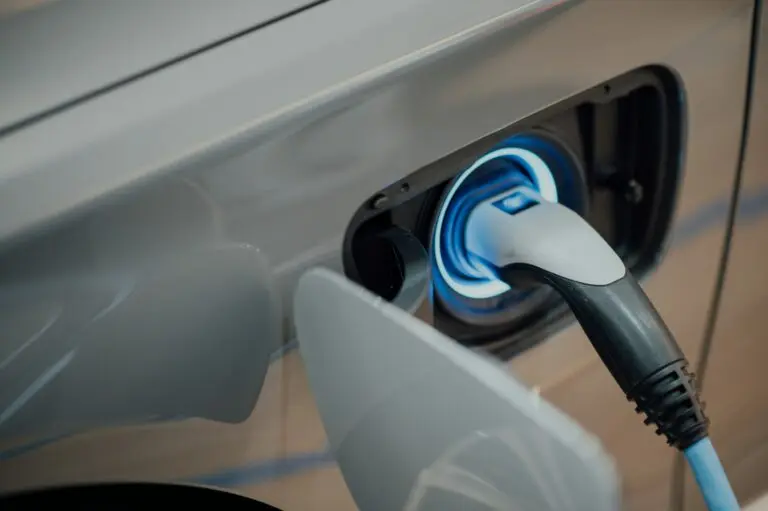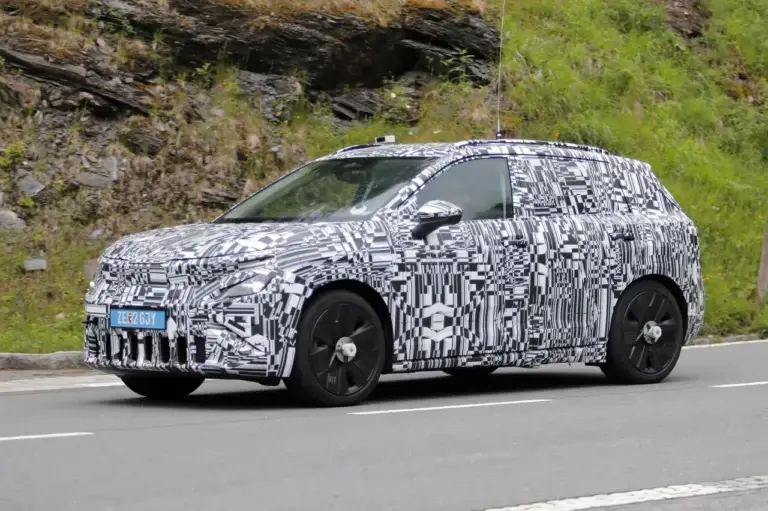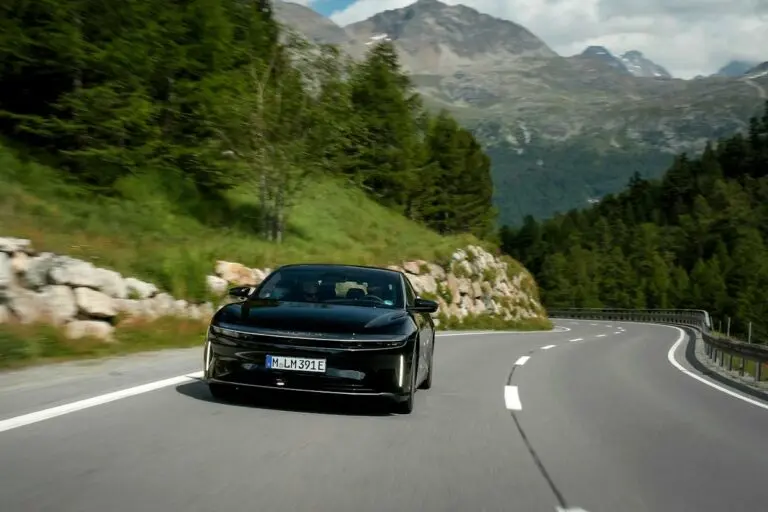While electric mobility is becoming increasingly popular, preconceived ideas about it are multiplying. That’s why ECO MOTORS NEWS has sifted through 10 persistent clichés about electric cars to sort out the real from the fake…
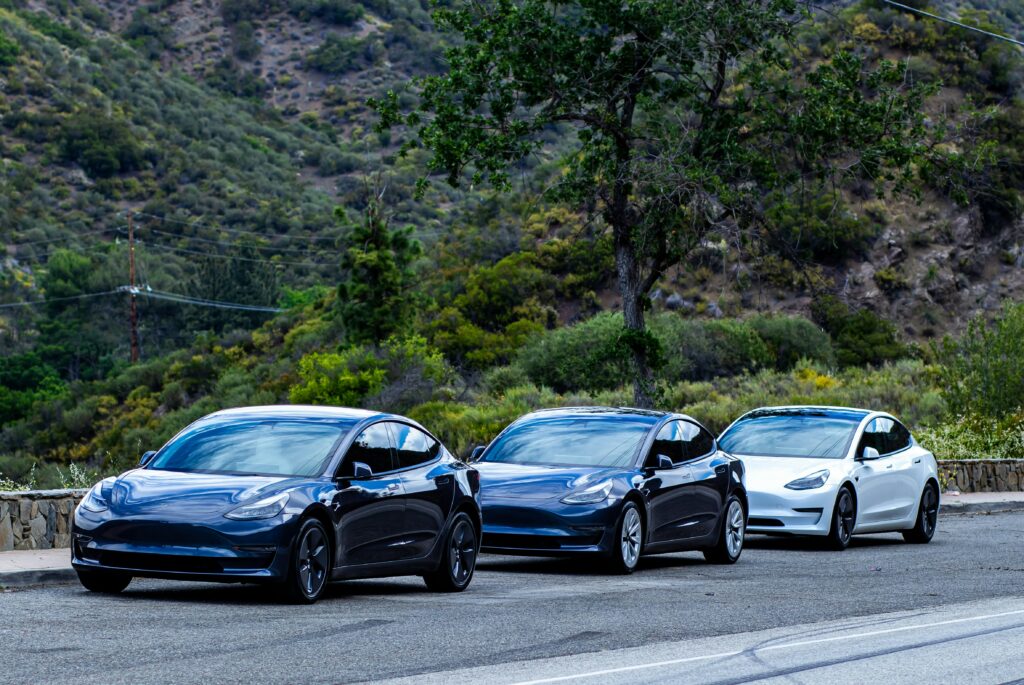
« Electric cars pollute more than combustion cars because of their batteries ».
False. Provided, of course, that you take into account the entire life of the electric car, from manufacture to scrapping, in your calculations. In fact, the CO₂ emissions that result from its manufacture are higher than those recorded during the manufacture of a combustion-powered car. It’s simple, most sources agree on one figure: during the manufacture of a battery, one kWh = 150 to 200 kg of CO₂ into the atmosphere. But, in use, the electric car quickly repays this debt by emitting, according to the Agency for Ecological Transition (ADEME), up to 20 times less CO₂ per kilometre. But it’s at the end of the dance that we pay the musicians. So what about a complete life cycle? Still according to ADEME, an electric car will have emitted 75g of CO₂/km compared with 190g CO₂/km for a combustion engine, i.e. 2.5 times less!
« An electric car has zero emissions
False: the media, manufacturers and even politicians generally use this shortcut to make a point. But as we saw earlier, the manufacture of the battery in particular, but also the origin of the electricity used to recharge an electric car, (slightly) increases its emissions.
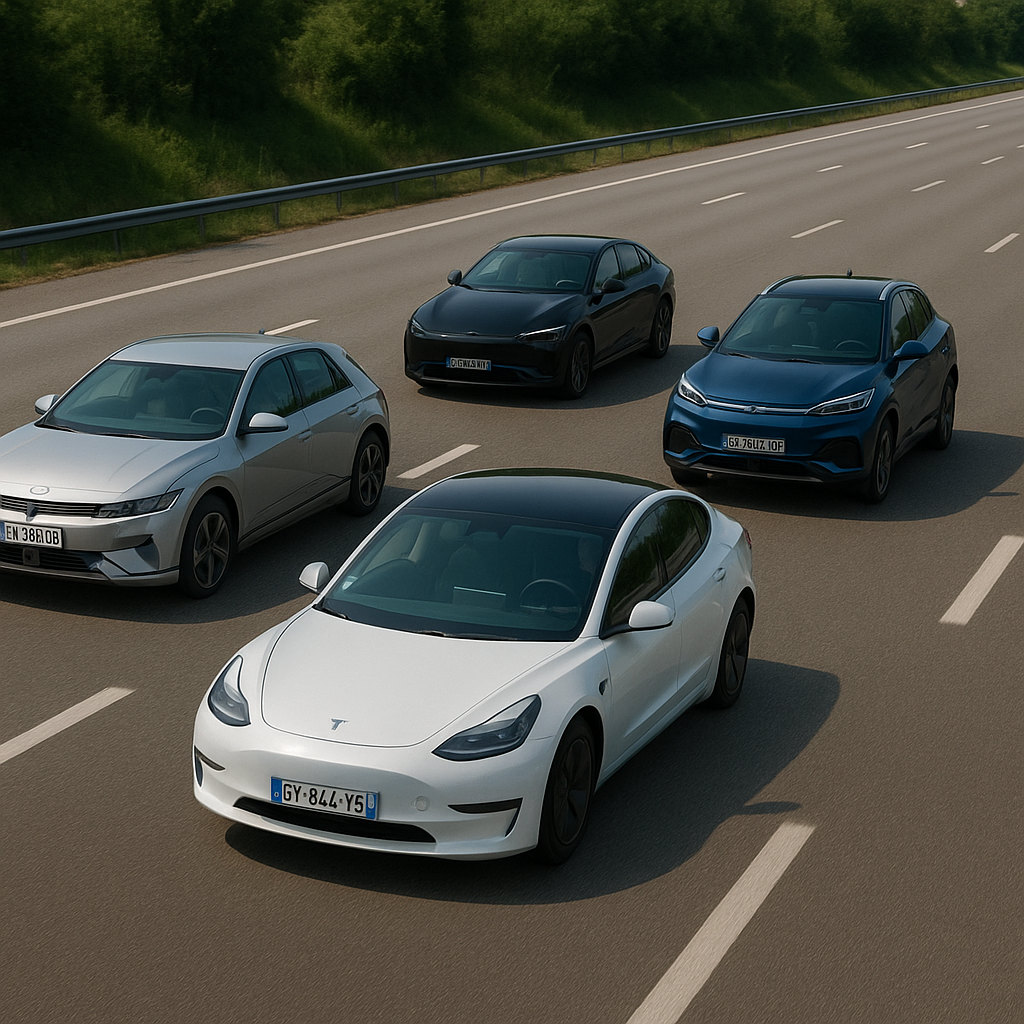
« Electric car batteries don’t last more than 3 years ».
False. This persistent cliché stems from a lack of hindsight when it comes to the longevity of batteries, as the market was still in its infancy and for a long time there was insufficient data to establish an average. Today, it’s possible to say that a battery lasts between 8 and 12 years, and can be driven well over 100,000 kilometres. Batteries can then be reused in other, less energy-intensive applications, or simply recycled.
« Electric car batteries cannot be recycled ».
False: lithium-ion batteries, the most widely used today, can be recycled, and up to 95% of the materials used can be recovered! Admittedly, the industry is still a little ‘green’, but it is gaining in maturity and recycling plants have been or will soon be built to keep pace with the increasing volume of electric cars sold, whose batteries will one day have to be recycled.
« Electric cars are cheaper to run ».
True. Electric cars are generally more economical to run than their internal combustion counterparts. Depending on the model – and the driver’s driving style! – The TCO (Total Cost of Ownership) of an electric car is much lower than that of an equivalent internal combustion engine, and the monthly running cost can be up to 50% lower. The main reason is, of course, the savings on fuel, but maintenance, which is less frequent and involves fewer parts that are expensive to manufacture, is also less expensive.
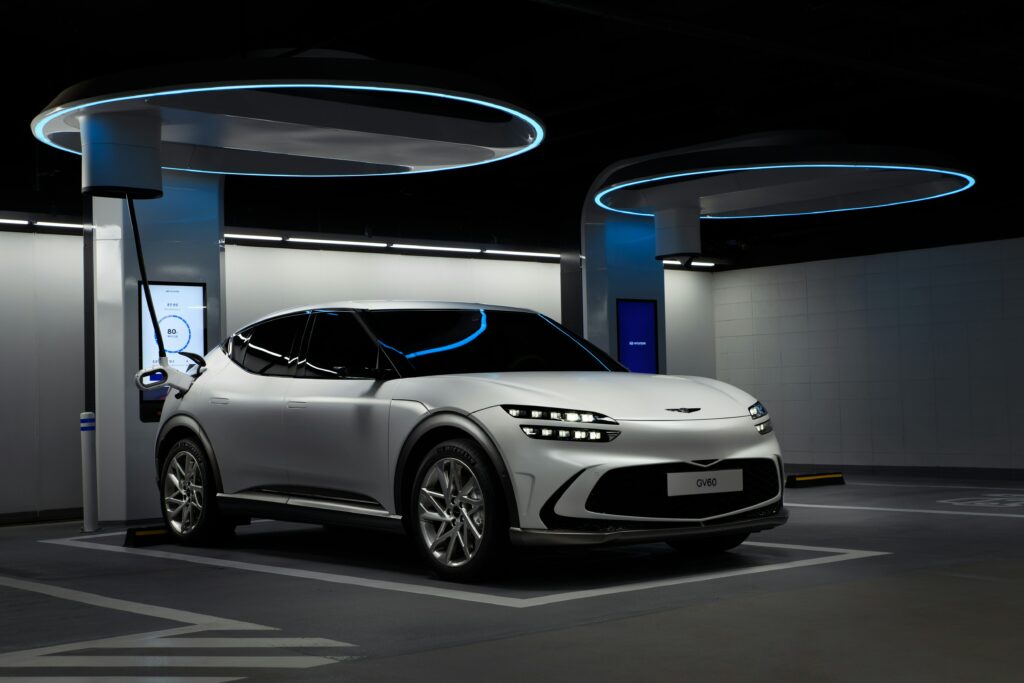
« It takes too long to recharge an electric car ».
True and false: recharging time depends on the power of the charging point and the capacity of the battery. Recharging at home can take up to seven hours, but on the motorway, fast-charging stations usually charge up to 80% in 30 minutes, or even 20 minutes depending on the supplier. That’s still longer than filling up with petrol, especially if you add the queues, but the constant increase in the number of charging points and the technological innovations under way will soon make it possible to shorten the length of stops even further.
« Electric cars catch fire more often than internal combustion cars ».
False. This cliché is tenacious. However, in early 2024, the US National Transportation Safety Board carried out a study that put an end to the debate. For every 100,000 100% electric cars sold, there were 25 fires. On the internal combustion side, 1,530 petrol vehicles caught fire for every 100,000 sold! It’s true, however, that putting out an electric car fire requires a lot more water, and that hybrids are more prone to fires than their electric and internal combustion counterparts. Perhaps that’s where the confusion comes from…
« Electric cars are too expensive
True, for the moment! The average purchase price of an electric car is higher than that of a combustion engine. But subsidies and the savings you make when you use the car will help to reduce the bill a little over time. And it’s a well-known fact that the more a market is democratised, the more prices fall. If we add to that the booming second-hand market, this statement will soon be nothing more than an old cliché…
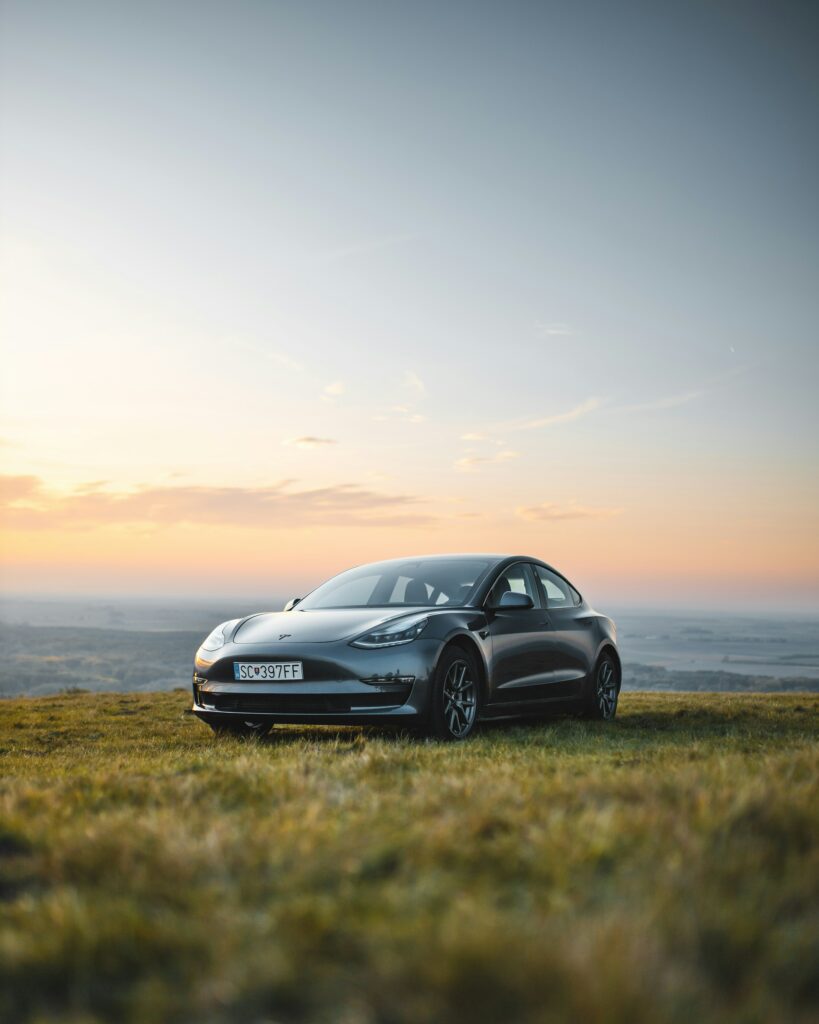
« It is impossible to make an electric car profitable ».
False. On average, in France, an electric car costs its owner between €150 and €200 a month in fuel, maintenance and insurance – the rent and purchase price are included in the TCO – compared with €400 to €800 for a combustion engine. If we take the high average for electric cars and the low average for internal combustion, we still get a difference of €200 per month. For an electric car that costs €10,000 more than its internal combustion equivalent, it will take less than five years to find its way around.
« The actual range of electric cars is much less than advertised ».
True, because of the WLTP (Worldwide Harmonized Light Vehicles Test Procedure) protocol used to calculate the range announced on the technical data sheet. This protocol, like most standardised protocols, is not yet capable of recreating real-life driving conditions. As a result, it has been found that actual range can be between 10% and 30% less than the advertised range. Variations that depend on the owner’s driving style, the type of roads travelled, the climate, whether or not the air conditioning and heating are used – in short, just like on a combustion engine!

